#uk society
Explore tagged Tumblr posts
Text
London is a city that has always been deeply uneven, with plenty of cultural treasures to hide the poverty in the Tower Blocks and the underpasses. London is effectively the main of the UK economy, and everything is geared towards it. Hence it retains a degree of economic dynamism that allows a degree of optimism, after all there's always a new restaurant, new exhibition, new flagship store, new play. Sure most workers are dirt poor, living on mashed avocado, and hoping the landlord gets visited by 3 Ghosts at Christmas, but there's the dream of making it in the big city.
Outside the London bubble, large parts of the country are either in despair, or have totally given up. Roads, bridges, hospitals, and schools are crumbling. Police have almost disappeared outside traffic stops. Courts are backlogged, prisons overfilled & well past their designed lifespan. Companies face significant trade barriers with the EU. The water industry is essentially operating on leveraged debt and mostly owned by oversea's pension funds, whilst the infrastructure collapses and raw sewage is being pumped into the rivers/seas. Everyone is underpaid compared to the cost of living, but also compared to many comparable roles in other countries.
In the shires, the more well paid commuter class can still have a nice life, but they are feeling a sharp pinch. Holidays cut. Cars held on to much, much longer than before. Meals out being reduced. Optional extras like music or sports for the kids cancelled. Impulse purchases stopped. All of which sounds like "oh poor Emma can't get her daughter Lucinda piano lessons boo hoo" but think about the economic impact. That is money that would have gone to a piano teacher (usually self employed), to the coffee shop whilst Emma waits, to a music shop for music, perhaps a CD or concert tickets to something Lucinda played at a lesson. Then when Lucinda grows up instead of having a career in arts or entertainment, even at her local bar or church, she doesn't know how to play piano. So society as a whole has lost a musician, and Lucinda as a person flourishes slightly less. The UK arts sector is one of our biggest economic powerhouses, yet it is routinely ignored and hammered by the govt. Art & music are regarded as luxury items, despite contributing £1.6 billion to the annual economy (2021 at 5.6%). That's huge, bigger than the fishing industry which contributes £1.4 billion (2021 at 4%). Yet with rents sky rocketing, and school budgets in utter crisis, arts/music get dropped and creative talent has to switch to more routine jobs to survive. UK Musicians are dropped from EU events following the botched visa system, and international work is increasingly harder for them to get.
Outside the diminishing middle class, the real difficulty and poverty of the UK hits home. People are not sure whether the next rent payment or electricity will quite literally bankrupt them and leave them homeless. Wages are mostly static, with few rises outside a number of key sectors. Some areas have seen wage growth, but that has been concentrated in a small number of jobs (especially finance/management). The population is aging, and the care system is left almost entirely to private companies in a very disjointed, expensive manner. For most people the only credible hope of a financially better life is to inherit or to win the lottery or to commit crime. This is strikingly similar to the pattern seen in many developing world economies.
For example, I have worked in the public sector for 20 years. In that time I have trained, gained professional qualifications, led larger teams, upskilled on IT/project management and become more productive. Since my pay has been capped at a 0.5% rise, it is a real terms wage cut. So I've become more productive yet I'm paid less. Why should I 1) carry on trying to be more productive, & 2) stay in the job? Productivity increases from workers have to be linked to a personal reward, as well as a benefit to an employer or there's no point for the employee. Hence "quiet quitting".
So the UK is in the dire position of poor infrastructure, rampant poverty, and a population that no longer believes hard work or being productive will improve their own lives, only maintain their survival. This is not a recipe for a flourishing economy or nation. The worst thing is that the UK has started to lose hope that things can get better without a magical solution. Without at least some hope, we are doomed.
Saved via reddit from user 'AgeOfVictoriaPodcast' - as an excellent (if depressing!) summary of the UK's economy and society in 2023 / the 2020s / post Brexit
#uk politics#united kingdom#british politics#2020s#2023#quotes#age of victoria podcast#uk society#quiet quitting#tory failures#failed state#uk#poverty#society#cost of living crisis
30 notes
·
View notes
Text
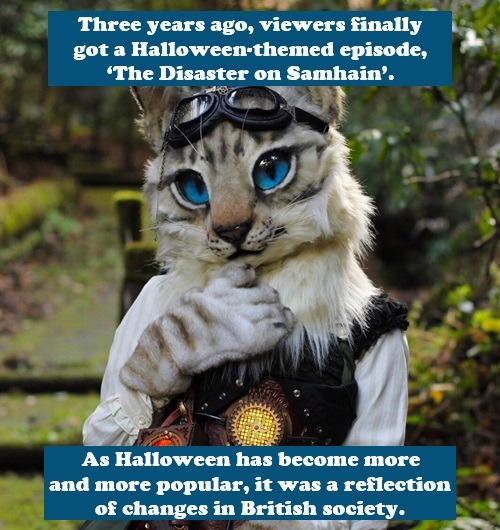
Three years ago, viewers finally got a Halloween-themed episode, ‘The Disaster on Samhain’.
As Halloween has become more and more popular, it was a reflection of changes in British society.
#Inspector Spacetime#The Disaster on Samhain (episode)#Series 14#three years ago#Halloween#Samhain#Halloween-themed episode#become a more and more popular event#in British society#UK society#brought over from America#even though its roots are in Ireland#Oirland (trope)#Oirland#but it doesn't compare to#The Night of the Capybaras (episode)#Omniscene (character)
1 note
·
View note
Text






Instagram credit: fieldnotesbyfi
#england#uk#cambridge#cambridgeshire#united kingdom#fallblr#fall aesthetic#fall vibes#fall leaves#autumncore#autumn vibes#autumn colors#autumn leaves#autumn#fall autumn#dark academia#darkacademia#dark academia aesthetic#dark academia vibes#lightacademia#light academia#dead poets society#rainday#rainy day#rainy city
2K notes
·
View notes
Text

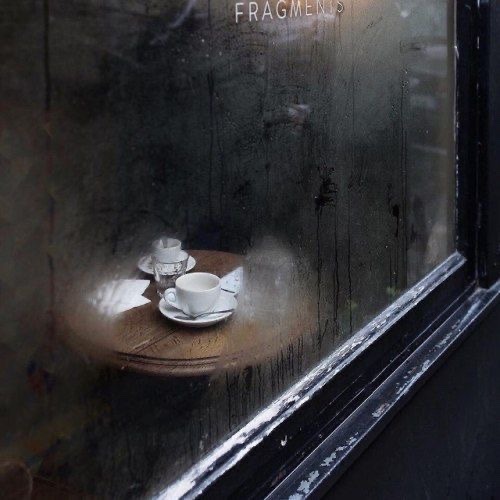


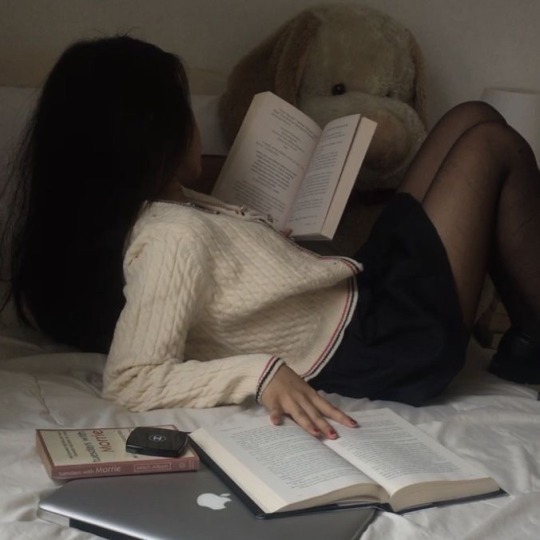



Winter school season>>
All images are from pinterest
#chaotic academia#dark academia#academia aesthetic#chaotic academic aesthetic#dark acadamia aesthetic#romantic academia#the secret history#dead poets society#tsh#coquette#winter#january#February#exams#exam season#uk schools
962 notes
·
View notes
Text


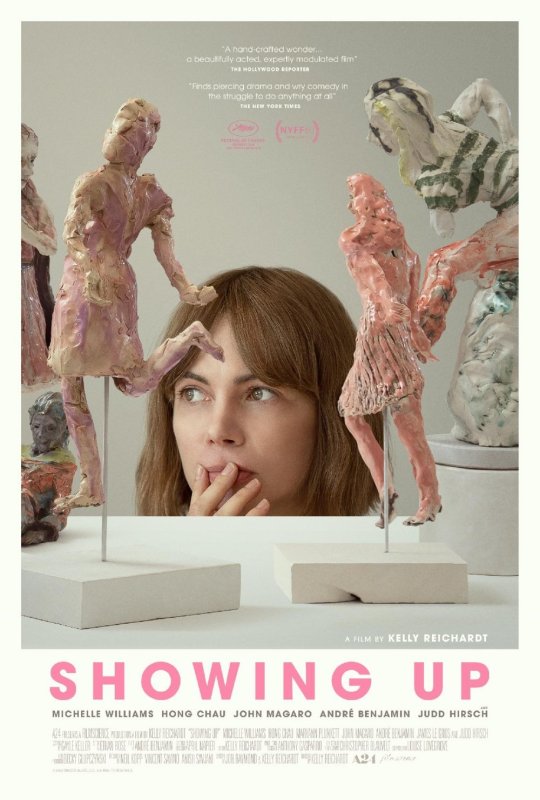



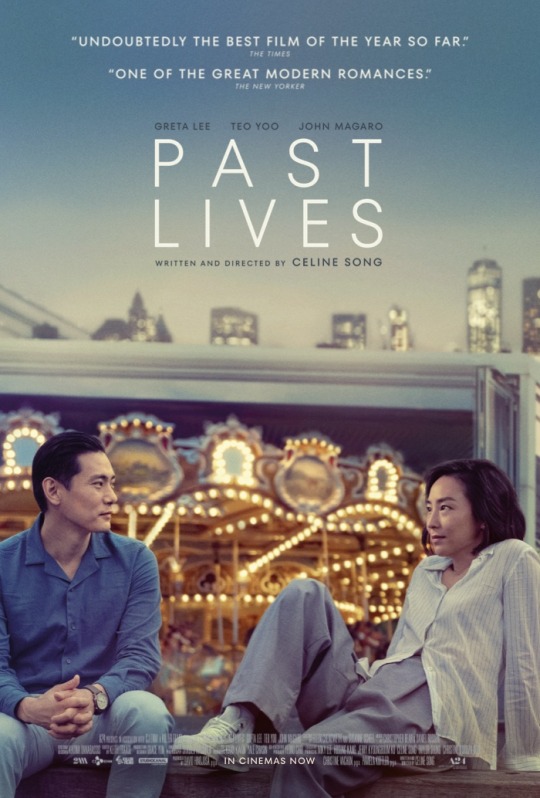

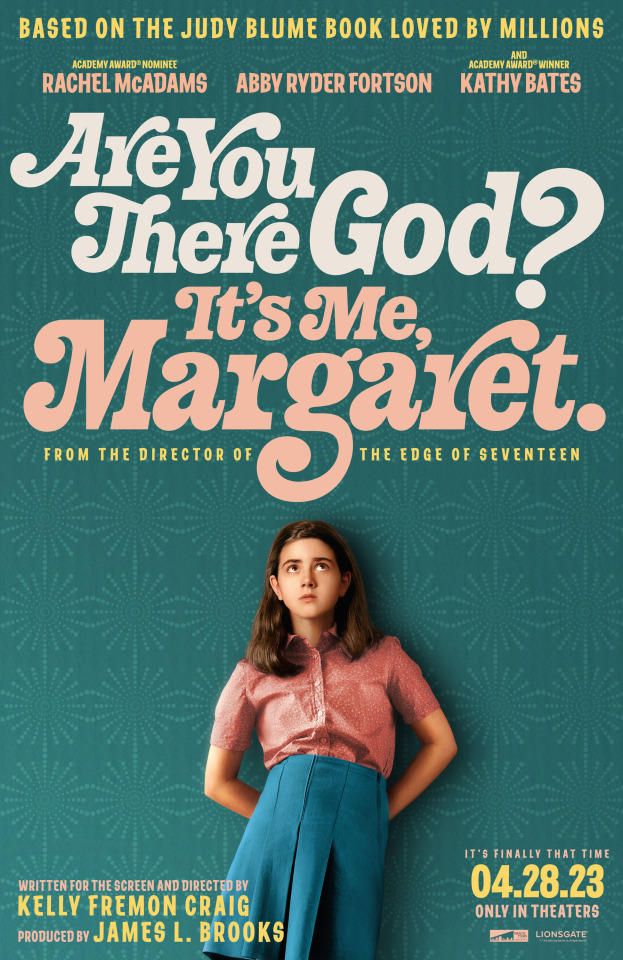
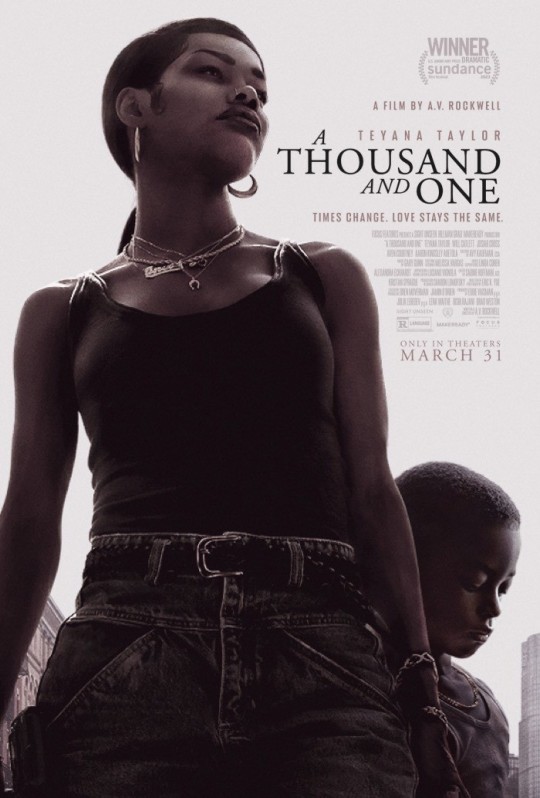
Top 10 of 2023
Polite Society dir. Nida Manzoor
Rye Lane dir. Raine Allen-Miller
Showing Up dir. Kelly Reichardt
Blue Jean dir. Georgia Oakley
Reality dir. Tina Satter
How to Have Sex dir. Molly Manning
Anatomy of a Fall dir. Justine Triet
Past Lives dir. Celine Song
Are You There God? It's Me, Margaret dir. Kelly Fremon Craig
A Thousand and One dir. A.V. Rockwell
Honourable Mentions:
Fair Play dir. Chloe Dumont, Priscilla dir. Sofia Coppola, The Pod Generation dir. Sophie Barthes, You Hurt My Feelings dir. Nicole Holofcener, Bottoms dir. Emma Seligman
#lists#top 10#Polite Society#Rye Lane#Nida Manzoor#Raine Allen Miller#UK#Showing Up#Kelly Reichardt#Blue Jean#Georgia Oakley#Reality#Tina Satter#How to Have Sex#Molly Manning#Anatomy of a Fall#Justine Triet#Past Lives#Celine Song#Are You There God? It's Me Margaret#Kelly Fremon Craig#A Thousand and One#A.V. Rockwell#USA#2022#Priscilla#Sofia Coppola#The Pod Generation#Sophie Barthes#You Hurt My Feelings
603 notes
·
View notes
Text




Romantic Academia
By: danielapardor
My articles on Dark Academia:
Dark Academia aesthetic
The imaginary of Dead Poets Society
The Secret History a key fandom
#aesthetic#moodboard#edit#dark academia#aes#light academia#academia#literature#art#chaotic academia#romantic academia#dark acadamia aesthetic#light academia aesthetic#donna tartt#the secret history#dead poets society#oxford#cambridge#uk
409 notes
·
View notes
Text
The good old 'slightly anxious person who's new to the scene' meets the 'more confident one who probably finds them a bit annoying at first but who is actually, probably the reason the other gains their confidence' and then they fall in love thing, y'know,
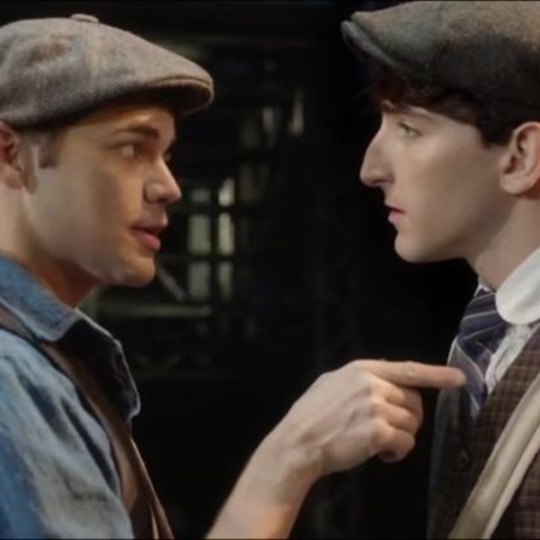
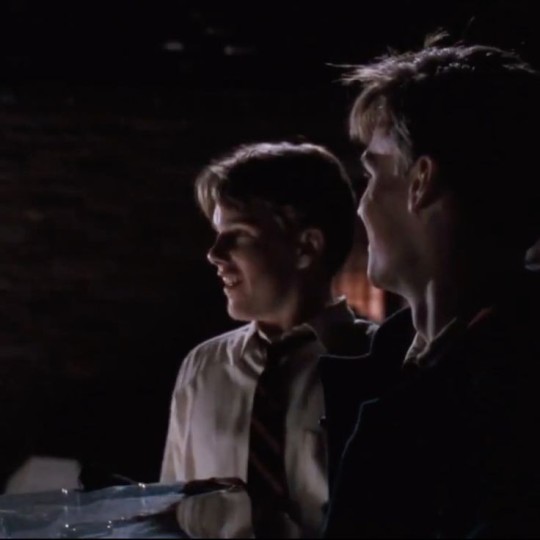
#It's just my two interests that I feel have to be connected#Newsies#Newsies uk#Javey#Javid#dead poets society#Dps#Anderperry#Does this make any sense?
263 notes
·
View notes
Text
‘100% feminist’: how Eleanor Rathbone invented child benefit – and changed women’s lives for ever
She was an MP and author with a formidable reputation, fighting for the rights of women and refugees, and opposing the appeasement of Hitler. Why isn’t she better known today?
Ladies please reblog to give her the recognition she deserves

By Susanna Rustin Thu 4 Jul 2024
My used copy of the first edition of The Disinherited Family arrives in the post from a secondhand bookseller in Lancashire. A dark blue hardback inscribed with the name of its first owner, Miss M Marshall, and the year of publication, 1924, it cost just £12.99. I am not a collector of old tomes but am thrilled to have this one. It has a case to be considered among the most important feminist economics books ever written.
Its centenary has so far received little, if any, attention. Yet the arguments it sets out are the reason nearly all mothers in the UK receive child benefit from the government. Its author, Eleanor Rathbone, was one of the most influential women in politics in the first half of the 20th century. She led the National Union of Societies for Equal Citizenship (Nusec, the main suffragist organisation, also formerly known as the National Union of Women Suffrage Societies) from 1919, when Millicent Fawcett stood down, until the roughly five million women who were not enfranchised in 1918 gained the vote 10 years later. In 1929, aged 57, she became an MP, and remained in parliament until her death in 1946. While there, she built up a formidable reputation based on her advocacy for women’s rights, welfare reform and the rights of refugees, and her opposition to the appeasement of Hitler.
It would not be true to say that Eleanor Rathbone has been forgotten. Her portrait by James Gunn hangs in the National Portrait Gallery. Twenty years ago she was the subject of a fine biography and she is remembered at Somerville college, Oxford – where she studied in the 1890s and ran a society called the Associated Prigs. (While the name was a joke, Rathbone did have a priggish side – as well as being an original thinker, tremendous campaigner, and stubborn, sensitive personality.) She also features in Rachel Reeves’s book The Women Who Made Modern Economics, although Reeves – who hopes shortly to become the UK’s first female chancellor – pays more attention to her contemporary, Beatrice Webb.

A thrilling tome … The Disinherited Family by Eleanor Rathbone. Photograph: Alicia Canter/The Guardian
But Rathbone, who came from a wealthy dynasty of nonconformist merchants, does not have anything like the name-recognition of the Pankhursts or Millicent Fawcett, or of pioneering politicians including Nancy Astor and Ellen Wilkinson. Nor does she enjoy the cachet of writers such as Virginia Woolf, whose polemic about women’s opportunities, A Room of One’s Own, was published five years after Rathbone’s magnum opus.
There are many reasons for Rathbone’s relative obscurity. One is that she was the first woman elected to parliament as an independent (and one of a handful of men at the time). Thus there is no political party with an interest in turning her into an icon. Having spent the past three years writing a book about the British women’s movement, I am embarrassed to admit that when I started, I didn’t know who she was.
Rathbone was not the first person to propose state benefits paid to mothers. The endowment of motherhood or family allowances, as the policy was known, was written about by the Swedish feminist Ellen Key, and tried out as a project of the Fabian Women’s Group, who published their findings in a pamphlet in 1912. But Rathbone pushed the idea to the forefront. A first attempt to get Nusec to adopt it was knocked back in 1921, and she then spent three years conducting research. The title she gave the book she produced, The Disinherited Family, reflected her view that women and children were being deprived of their rightful share of the country’s wealth.
The problem, as she saw it, was one of distribution. While the wage system in industrialised countries treated all workers on a given pay grade the same, some households needed more money than others. While unions argued for higher wages across the board, Rathbone believed the state should supplement the incomes of larger families. She opened the book with an archly phrased rhetorical question: “Whether there is any subject in the world of equal importance that has received so little consideration as the economic status of the family?” She went on to accuse economists of behaving as if they were “self-propagating bachelors” – so little did the lives of mothers appear to interest them.
Rathbone’s twin aims were to end wives’ dependence on husbands and reward their domestic labour. Family allowances paid directly to them could either be spent on housekeeping or childcare, enabling them to go out to work. Ellen Wilkinson, the radical Labour MP for Middlesbrough (and future minister for education), was among early supporters. William Beveridge read the book when he was director of the London School of Economics, declared himself a convert and introduced one of the first schemes of family-linked payments for his staff.
But others were strongly opposed. Conservative objections to such a radical expansion of the state were predictable. But they were echoed by liberal feminists including Millicent Fawcett, who called the plan “a step in the direction of practical socialism”. Trade unions preferred to push for a living wage, while some male MPs thought the policy undermined the role of men as breadwinners. Labour and the Trades Union Congress (TUC) finally swung behind family allowances in 1942. As the war drew to a close, Rathbone led a backbench rebellion against ministers who wanted to pay the benefit to fathers instead.

Rathbone celebrates the Silver Jubilee of the Women’s Vote in London, 20 February 1943. Photograph: Picture Post/Getty Images
It is for this signature policy that she is most often remembered today. At a time when hundreds of thousands of children have been pushed into poverty by the two-child limit on benefit payments, Rathbone’s advocacy on behalf of larger families could hardly be more relevant. The limit, devised by George Osborne, applies to universal and child tax credits – and not child benefit itself. But Rishi Sunak’s government announced changes to the latter in this year’s budget. From 2026, eligibility will be assessed on a household rather than individual basis. This is intended to limit payments to better-off, dual-income families. But the UK Women’s Budget Group and others have objected on grounds that child benefit should retain its original purpose of directly remunerating primary carers (the vast majority of them mothers) for the work of rearing children. It remains to be seen whether this plan will be carried through by the next government.
Rathbone once told the House of Commons she was “100% feminist”, and few MPs have been as single-minded in their commitment to women’s causes. As president of Nusec (the law-abiding wing of the suffrage campaign), she played a vital role in finishing the job of winning votes for women.
The last few years have seen a resurgence of interest in women’s suffrage, partly due to the centenary of the first women’s suffrage act. Thanks to a brilliant campaign by Caroline Criado Perez, a statue of Millicent Fawcett, the nonmilitant suffragist leader, now stands in Westminster, a few minutes walk from the bronze memorial of Emmeline Pankhurst erected in 1930. Suffragette direct action has long been a source of fascination. What is less well known is that militants played little part in the movement after 1918. It was law-abiding constitutionalists – suffragists rather than suffragettes – who pushed through the 1920s to win votes for the younger and poorer women who did not yet have them. Rathbone helped lead this final phase of the campaign, along with Conservative MP Nancy Astor and others.
Rathbone was highly critical of the militants, and once claimed that they “came within an inch of wrecking the suffrage movement, perhaps for a generation”. Today, with climate groups including Just Stop Oil copying the suffragette tactic of vandalising paintings, it is worth remembering that many women’s suffrage campaigners opposed such methods.
Schismatic though it was, the suffrage movement at least had a shared goal. An even greater challenge for feminists in the 1920s was agreeing on future priorities. Equal pay, parental rights and an end to the sexual double standard were among demands that had broad support. After the arrival in the House of Commons of the first female MPs, legislative successes included the removal of the bar on women’s entry to the professions, new rights for mothers and widows’ pensions. But there were also fierce disagreements.
Tensions between class and sexual politics were longstanding, with some on the left regarding feminism as a distraction. The Labour MP Marion Phillips, for example, thought membership of single-sex groups placed women “in danger of getting their political opinions muddled”. There was also renewed conflict over protective legislation – the name given to employment laws that differentiated between men and women. While such measures included maternity leave and safety rules for pregnant women, many feminists believed their true purpose was to keep jobs for men – and prevent female workers from competing.
Underlying such arguments was the question of whether women, once enfranchised, should strive for equal treatment, or push for measures designed to address their specific needs. As the debate grew more heated, partisans on either side gave themselves the labels of “old” and “new” feminists. While the former, also called equalitarians, wanted to focus on the obstacles that prevented women from participating in public life on the same terms as men, the new feminists led by Rathbone sought to pioneer an innovative, woman-centred politics. Since this brought to the fore issues such as reproductive health and mothers’ poverty, it is known as “maternalist feminism”.

Rathbone and other Liverpool suffragettes campaigning in 1910. Photograph: Shawshots/Alamy
The faultline extended beyond Britain. But Rathbone and her foes had some of the angriest clashes. At one international convention, Lady Rhondda, a wealthy former suffragette, used a speech to deride rivals who chose to “putter away” at welfare work, instead of the issues she considered important.
The specific policy points at issue have, of course, changed over the past century. But arguments about how much emphasis feminists should place on biological differences between men and women carry on.
Eleanor Rathbone did not live long enough to see the welfare state, including child benefit paid to mothers, take root in postwar Britain. Her election to parliament coincided with the Depression, and the lengthening shadows of fascism and nazism meant that she, like her colleagues, became preoccupied with foreign affairs. In the general election of 1935, the number of female MPs fell from 15 to nine, meaning Rathbone’s was one of just a handful of women’s voices. She used hers to oppose the policy of appeasement, and support the rights of refugees, including those escaping Franco’s Spain. During the war she helped run an extra-parliamentary “woman-power committee”, which advocated for female workers.
She also became a supporter of Indian women’s rights, though her liberal imperialism led to tensions with Indian feminists. During the war she angered India’s most eminent writer, Rabindranath Tagore, and its future prime minister, Jawaharlal Nehru, when she attacked the Congress party’s policy of noncooperation with Britain’s war effort. Tagore criticised what he called the “sheer insolent self-complacency” of her demand that the anti-colonial struggle should be set aside while Britain fought Germany.
Rathbone turned down a damehood. After their first shared house in Westminster was bombed, she and her life partner, the Scottish social worker Elizabeth Macadam, moved around the corner to a flat on Tufton Street (Macadam destroyed their letters, meaning that Rathbone’s intimate life remains obscure, but historians believe the relationship was platonic). From there they moved to a larger, quieter house in Highgate. On 2 January 1946, Rathbone suddenly died.

Rathbone’s blue plaque at Tufton Court. Photograph: PjrPlaques/Alamy
A blue plaque on Tufton Street commemorates her as the “pioneer of family allowances” – providing an alternative claim on posterity for an address more commonly associated with the Brexit campaign, since a house a few doors down became its headquarters. She is remembered, too, in Liverpool, where her experience of dispersing welfare to desperately poor soldiers’ wives in the first world war changed the course of her life, and where one of her former homes is being restored by the university.
I don’t believe in ghosts. But walking in Westminster recently, I imagined her hastening across St James’s Park to one of her meetings at Nancy Astor’s house near the London Library. Today, suffragettes are celebrated for their innovative direct action. But Rathbone blazed a trail, too, with her dedication as a campaigner, writer, lobbyist and “100% feminist” parliamentarian.
Sexed: A History of British Feminism by Susanna Rustin is published by Polity Press (£20). To support the Guardian order your copy at guardianbookshop.com. Delivery charges may apply
#Eleanor Rathbone#The Disinherited Family#Books by women#Books about women#Child benefit#National Union of Societies for Equal Citizenship (Nusec)#Rachel Reeve#The Women Who Made Modern Economics#Women in politics#UK#Seed: A History of British Feminism#Susan Rustin
89 notes
·
View notes
Text
Acting legend Dame Joan Plowright dies at 95
By Ian Youngs
17 January 2025










—
Dame Joan Ann Plowright, Baroness Olivier (28 October 1929 – 16 January 2025) was an English actress whose career spanned over six decades.
She won two Golden Globe Awards and a Tony Award. She was also nominated for an Academy Award, an Emmy and two BAFTA Awards.
She was the second of only four actresses (as of 2024) to have won two Golden Globes in the same year.
She won the Laurence Olivier Award for Actress of the Year in a New Play in 1978 for Filumena.
She was described by Variety as "perhaps the greatest Anglophone actor of the 20th century."
#Dame Joan Plowright#Joan Plowright#Sir Laurence Olivier#national theatre#Lady Olivier#theater actress#actress#films#british actors#acting dames#west end#uk theatre#society of london theatre#plowright theatre#acting legend#icon#rest in peace#english actress#Laurence Olivier Award#Filumena#the spiderwick chronicles#bringing down the house
39 notes
·
View notes
Text
youtube
NEW VIDEO IS UP!! GET READY TO BE MAD!!
#video essay#stupidity#people are stupid now#and how not to be#society#us politics#uk politics#politics#learning#talistheintrovert#my videos#Youtube
71 notes
·
View notes
Text
This got long and annoying so its under a cut now
The way in the fight w the museum director insul gets the same big injuries he has given trianon (so far), aand particularly the ones that T thinks back on often as specific sources of fear/humiliation/control (pepper sprayed in the eyes; kicked in the balls; choked with smth small and thin ((wire / car window)))….. im too tired to formulate a proper Thought abt this but the fact this all happens right in front of tjat one painting of dante & virgil in hell + insul and the director are in the exact same pose right as insul is about to die* is obviously so meant to evoke the idea of contrappasso….. at this stage trianon isnt “””strong””” enough (doesnt understand Insul enough and most importantly doesnt fully inhabit himself and his own strengths) to be able to pay back Insul’s violence (as he does later, though not in such a literal way anymore) so tje director will do for now🥰 bc they both need to descend into hell they both need to be subject to physical and psychological violence in order to strip down layers……. so its cool how the director serves that purpose for this phase 1 both in story for insul himself (who eats shit in this fight) and also as a sort of alert for the reader like make no mistake they are BOTH gonna get put thru the ringer. even the top has to wade through cocytus! or smth



#i wrote and erased so many asides and digressions bc they were nit relevant but#and obviously im not trying to imply this is a story about giving back what you got just as bad in order for Badass Self Improvement or#whatever to be achieved#like the n1 innovation of SW in so much Twink Chained To Radiator and Tortured literature#is that the resolution is not ‘he chains tje kidnapper back😈 he seemed so uke and frail bjt hes the strong one now!’#NOR ‘he learned to be happy chained to the radiator (or toilet ig) bc thats what he wanted deep down all along#and just needed a tough strong man to give it to him❤️’#but rather it creates this beautiful and perfectly calibrated solution where#the suffering that one party inflicts on the other becomes fundamental to the existence & identity of said party#and vice versa. ‘if i lost you i would lose part of what happened to me / insul reached back answering the same’#like by the ending insul does still absolutely have physical power over Trianon and he beats his ass black and blue regularly lol#but also Trianon has this gorilla grip on insul’s soul and sense of self and self worth; a sense that was kind of nonexistent or#dormant or repressed in Insul before and hed managed to be a ‘strong’ person without it bc thats the kind of thing you can live without in#Society if youre a strong able bodied masculine man. but trianon teases out the messed up abused little boy underneath and its like#NOT at all a beauty and the beast hes vulnerable around me ❤️ fantasy its actually kind of horrific.#like trianon does very much do some psychological torture yandere shit to insul …….. and by the end he COULD kill him and walk away but#he CHOOSES to do that……..#and ofc this is all deeply weilian not as in lines up perfectly with what she says necessarily but is very much in discourse with her ideas#anyway I’ve typed so fucking much and for what….. -_-‘’ sorry#serious weakness
51 notes
·
View notes
Text
Some rambling thoughts on British society in 2023 & the stratification of people into 'workers' or 'non-workers'...
I don't understand why UK society seems to be structured in such a way that you can either work OR do anything else. It feels extremely anti-civic spirit, and by extension, discouraging of good community health and healthy non-work based relationships in your local area.
Taking myself as an example. I have a full-time job 9-5, often more like 8.30-6 depending on how much travelling I have to do.
In my free time, now that I have the time and we are no longer in lockdown, I looked into volunteering, and signed up to a part time college course for leisure learning & to do something creative to relax. All good, you'd think, working, and also in their free time, doing something interesting to relax and also to give back to society.
WRONG!
I cannot for love nor money find volunteering opportunities that do not take place during my working hours. The entire sector seems to organise itself around the concept that the only likely volunteers will be those too young to work, the unemployed, or the retired. Emails come through to me asking if I can support a stall at 11am on a Tuesday, an event at 3pm on a Thursday, or go to a training conference on Monday 10-4! I feel almost guilty or like I'm being rude constantly having to decline but I'm a normal worker, I can't afford to literally take time off my job in order to help out!
As for college, why offer part-time and evening courses if you also won't offer any support structure? We have 'homework' which we need to go to the library to complete...which is open 9-6 in the week and not at all at weekends! 🙃 University support staff work a 9-5. Its 9-5, weekdays, to pick up your student ID card, or to attend other college events. Despite the fact that all students at the college are adults!
All in all, this dynamic actively discourages all but those either with ample free time, or those forced to by external circumstances, to educate themselves or to volunteer their time. And that I would argue increases our insularity as a society and reduces our chances of coming across or working with/alongside people from different backgrounds!
I would be very curious to know if this has long been the case or (yet) another creation of our anti-society Tory government. I think we'd be so much healthier as a populace if it wasn't like this.
#text post#british society#society#uk society#uk politics#volunteering#adult education#economy#capitalism#sociology
51 notes
·
View notes
Photo
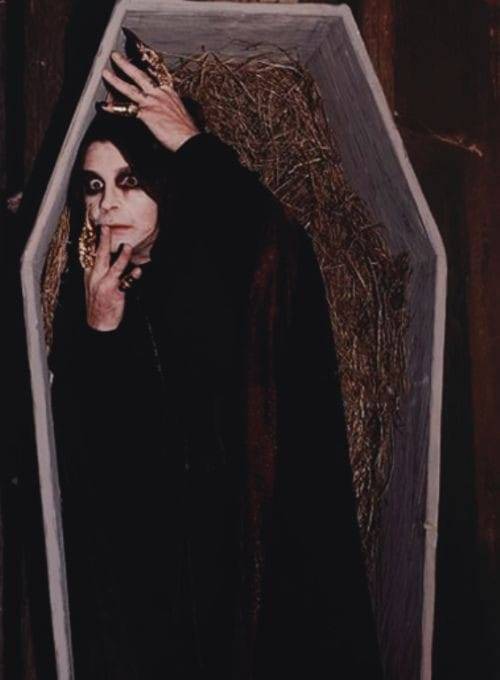
𝔒𝔷𝔷𝔶 𝔒𝔰𝔟𝔬𝔲𝔯𝔫𝔢 ♰
#ozzy#coffin#heavy metal#casket#ozzyferatu#vampire aesthetic#back on earth#Themes: War Fantasy Madness Society Love#UK
528 notes
·
View notes
Text






Instagram credit: co.nfused
#scotland#edinburgh#uk#united kingdom#darkacademia#dark academia#dark academia aesthetic#rainday#rainy city#rainy day#petrichor#beautiful architecture#cozy days#cozyblr#comfy aesthetic#cozy aesthetic#villages#breakfast#coffeeblr#dead poets society
3K notes
·
View notes
Text





























Richard at the Royal Television Society Baird Lecture in Birmingham, UK. (September 20, 2024)
📷: RTSMidsCentre
#richard armitage#royal televison society#baird lecture#birmingham#uk#september 2024#new photos#photos#news
46 notes
·
View notes
Text
when affluent white people talk about just picking up and leaving the usa for other countries that are ALSO going through a shift towards right wing politics and fascism it is so plainly clear to me what they actually want to do is live an apolitical life
#like every time. it’s like the country they want to move to is an entity without history society or politics.#they just want to be on vacation forever! and it’s kinda morally bankrupt imo !#callie speaks#this doesn’t apply to people seeking asylum this is the very specific kind of rich person who wants to move to the uk#or whatever to escape the results of the election bc they want to IGNORE it….#and they haven’t bothered to realize that the uk was doing pogroms like three months ago#the purposeful kind of ignorance that privilege can provide
53 notes
·
View notes